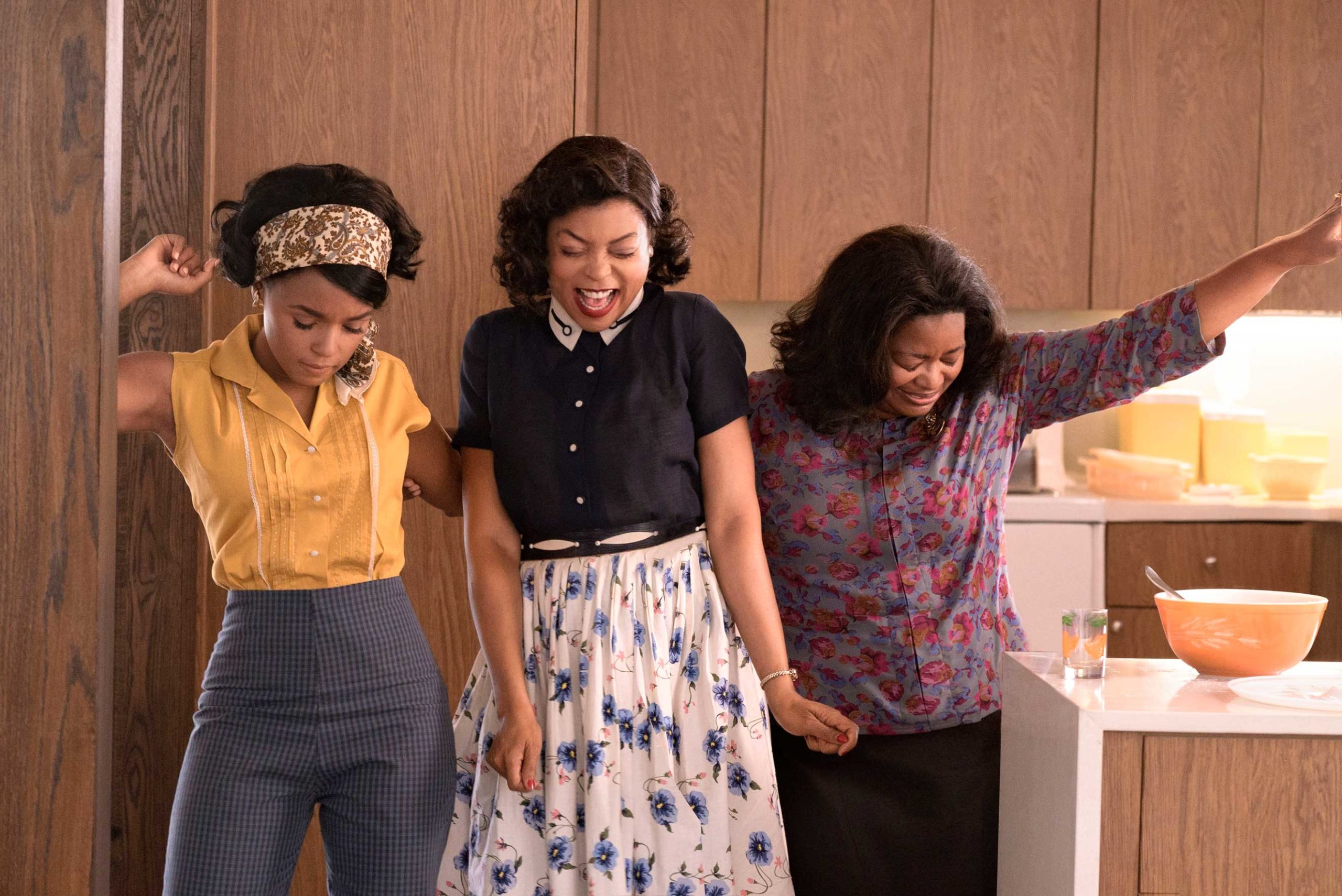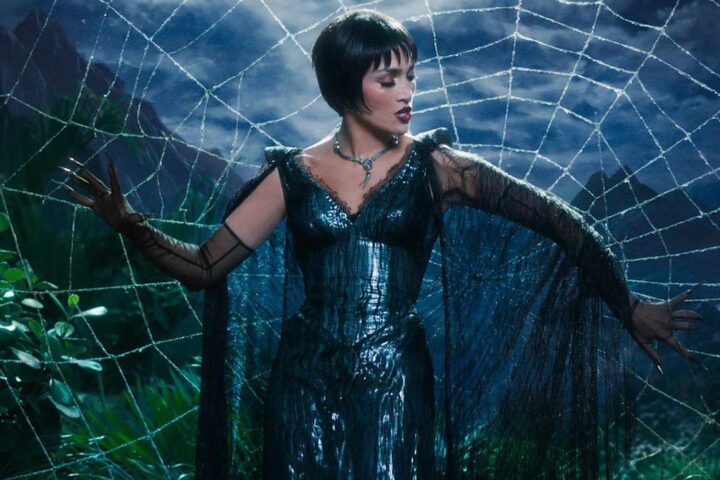There is nothing wrong with a feel-good movie that does its job well, and that is what you get with Hidden Figures, the inspiring new movie about the real heroes behind NASA’s space race that manages to be both smart and entertaining in its depiction of three African-American women who took on racism and sexism in 1961 Langley headquarters, their accomplishments key to the successes of the American space program.
Co-written by director Theodore Melfi and Allison Schroder from the non-fiction book by Margot Lee Shetterly, Hidden Figures puts us right into the race against the Russians to launch our first space missions—which is meaty enough material on its own—and then absorbs us by delivering this shining moment in American history with new information most of us had somehow not known, namely how the efforts of three ingenious African-American women gave us the power to launch.
The women are played by a trio that defines the word ensemble, Tarji P. Henson, Octavia Spencer and Janelle Monae, and they are so interesting and likable that you can imagine a movie based on any of them.
Henson is endearing as the lovable Katherine Johnson, a child math prodigy whose passion for numbers and ability to compute them lands her a spot in the Space Task Force under the leadership of Al Harrison (Kevin Costner, warm) breaking several ceilings on the all-male, all-white team, to the consternation of a lesser colleague (Jim Parsons) whom she quickly outshines.
Katherine, the smartest person in the room, faces wide skepticism and half-mile walks to the “colored” ladies’ room until Harrison does his part to abolish employee segregation, taking a sledgehammer to a bathroom sign in one of the movie’s most crowd-pleasing moments.
Whether climbing on ladders to work out complex equations or presenting to a boardroom of astronauts and engineers, Katherine gradually proves herself to a room of all white, all male colleagues who have never seen a woman—much less an African-American one—in their midst. Yet by the time Hidden Figures gets to its satisfying conclusion, even John Glenn (Glen Powell) himself can’t do without her.
Katherine’s story is Hidden Figures primary plot engine as her calculations eventually put Glenn into orbit, but the pair of other stories are no less engaging, each facing the same obstacles in their individual pursuits.
Dorothy Vaughn (Octavia Spencer, winning) leads a group of some twenty African-American women called “computers,” who are quickly becoming obsolete with the arrival of the new IMB mainframe, which no one at NASA can figure out how to program. Passed over for promotion and minimized by a miserably venomous superior (Kirsten Dunst), Dorothy, desperate to become the manager in title that matches her overwhelming responsibilities, becomes a quick study in computer programming.
Mary Jackson (Janelle Monae) is a whip-smart mathematician, but she dreams of becoming an engineer, which is unheard of for an African-American woman, but her will pushes on to find a way.
And meanwhile, director Melfi charts important milestones in American history while balancing the women’s individual, personal stories with conviction, including a touching courtship between hesitant, single mother Katherine and an Army colonel (Mahershala Ali) she initially puts in his place when he questions a woman’s role at NASA.
Hidden Figures is genuinely rousing, and one of the year’s best entertainments.
3 1/2 stars.



